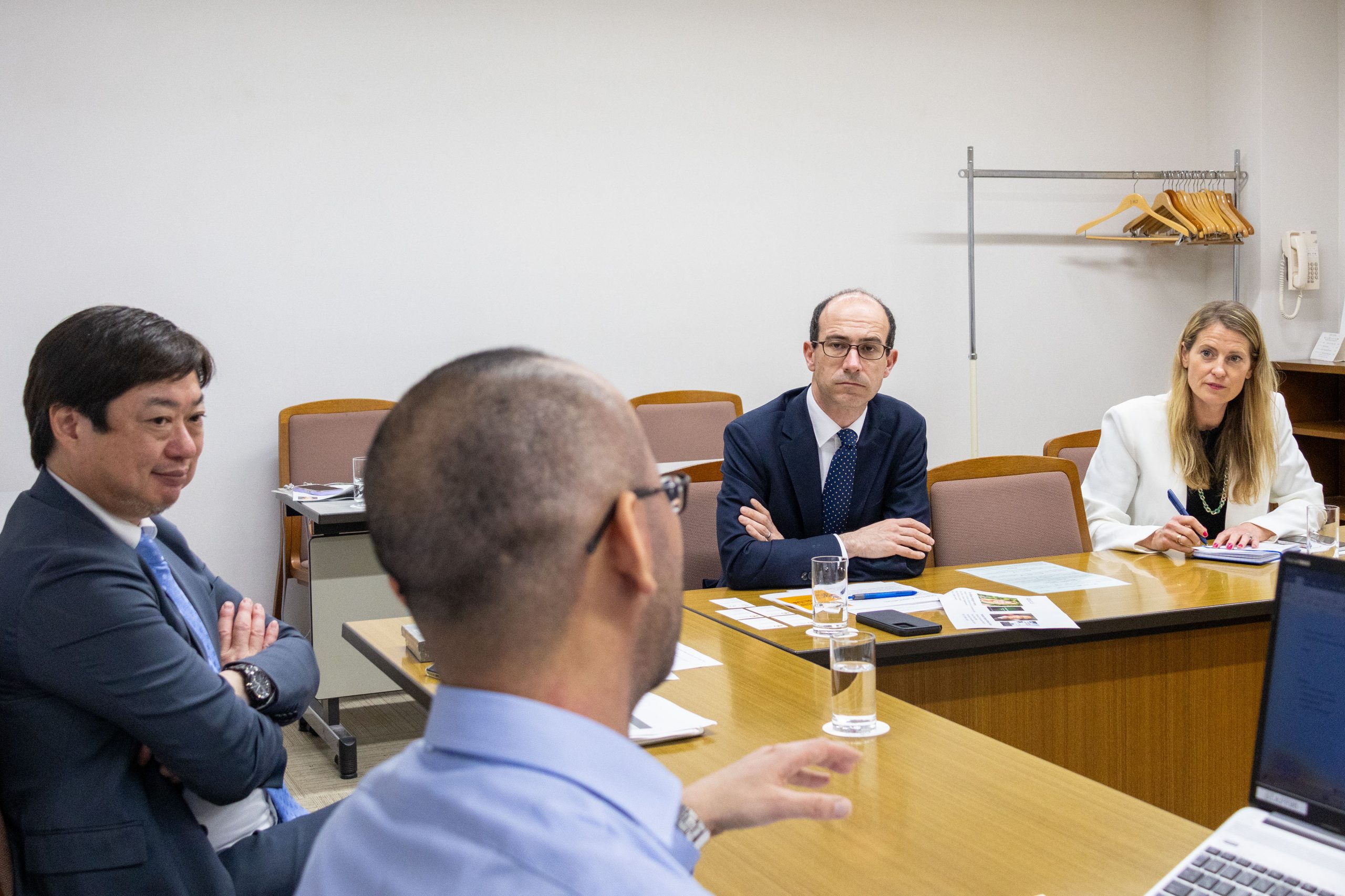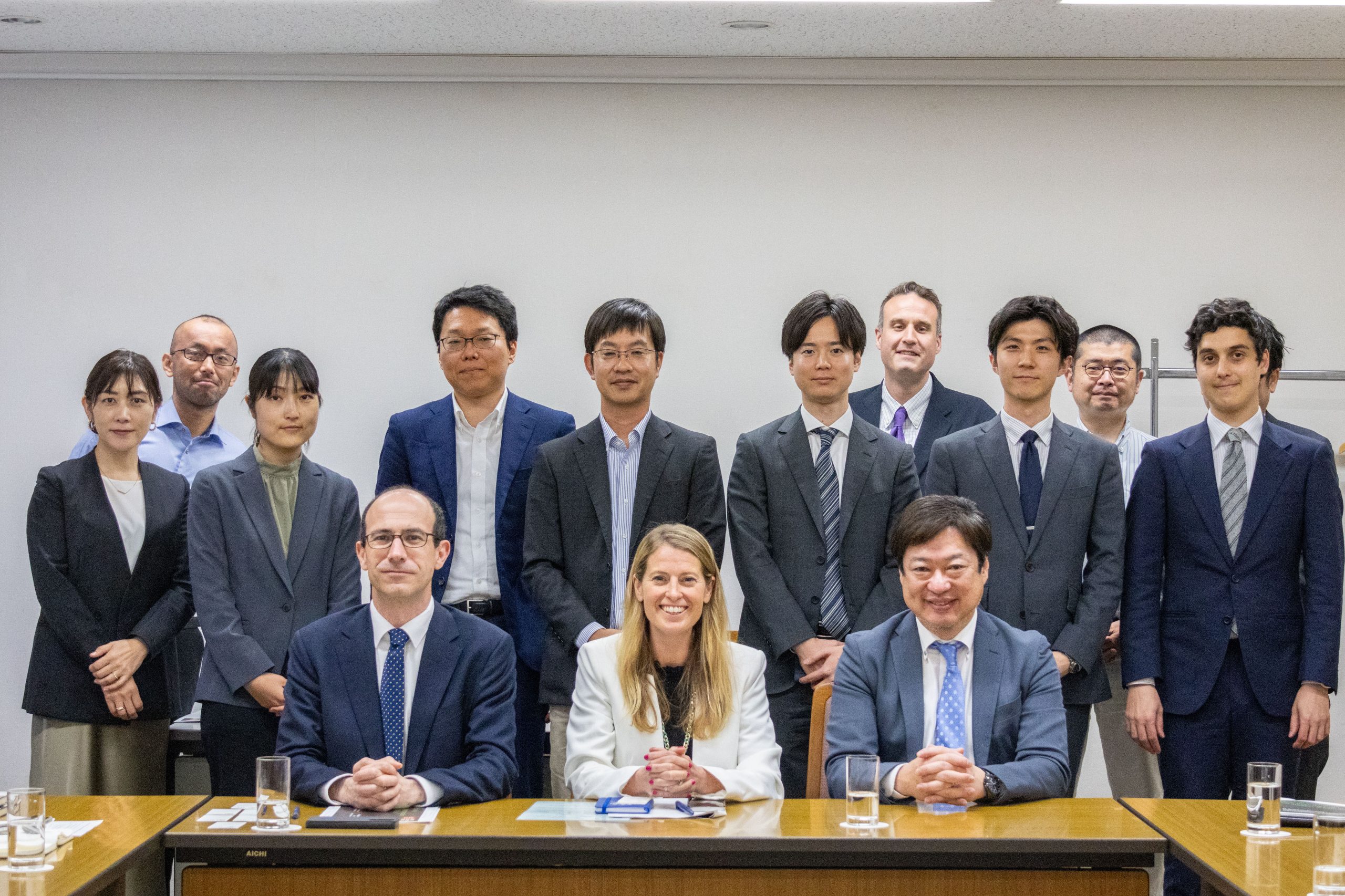On April 21, 2025, the Asia Pacific Initiative (API) held a closed-door roundtable featuring Dr. Robyn Klingler-Vidra, a specialist in innovation policy, and Professor Ramon Pacheco Pardo, an expert in international relations, both from King’s College London. The session centered on their recent publication, Startup Capitalism: New Approaches to Innovation Strategies in East Asia, and explored how startup-focused strategies are reshaping economic and policy landscapes in the region.
The roundtable focused on a comparative analysis of startup promotion policies in Japan, Taiwan, South Korea, and China, with discussions framed around emerging approaches to innovation in the context of economic security, shifting regional dynamics, and intensifying global technological competition. Using the framework of Schumpeterian market structures (Mark I and Mark II), the discussion was structured around five key dimensions: firm size, types of innovation, employment structures, methods of financing, and social purpose.
The speakers highlighted key features of each national model: Japan’s ongoing shift from a postwar, large-firm-led, debt-financed model toward equity-based financing through venture capital; Taiwan’s strategic use of “grey finance” while maintaining state-defined technological goals; South Korea’s chaebol-driven and state-centric approach; and China’s evolving emphasis on national security, while preserving sectoral diversity in innovation strategies.
During the Q&A session, participants engaged in a wide-ranging and dynamic exchange on several topics, including national approaches to setting KPIs, the impact of authoritarian governance structures on startup ecosystems, the interaction between globally trained talent and East Asian firms, acceptance of side projects and personal innovation within traditional corporate settings, inclusive innovation policy, the evolving role of Big Tech in the UK, and the comparative dynamics of bottom-up versus top-down policy shifts.
This session offered valuable insights into how East Asian countries are reconfiguring their innovation systems in response to both domestic imperatives and global strategic pressures.




 APIニュースレター 登録
APIニュースレター 登録